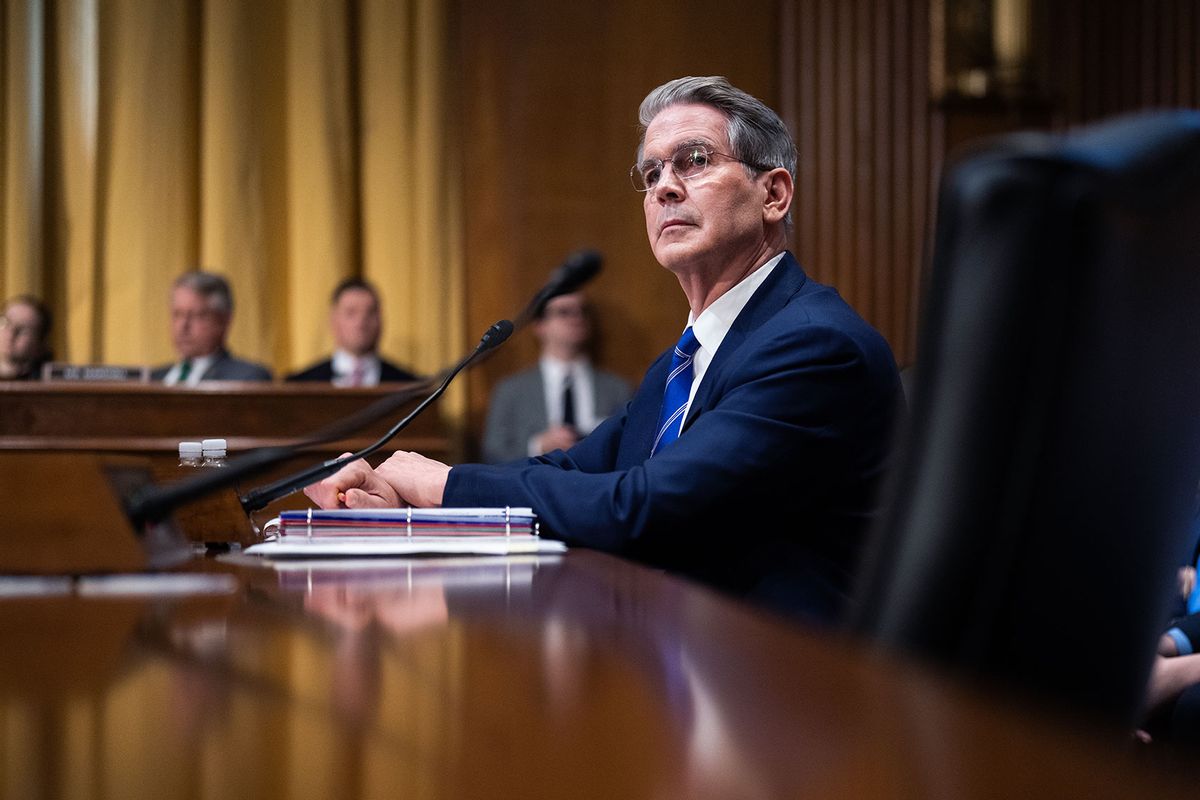
## Economic Uncertainty and the Trump Base: A Shifting Sandscape of Opinion
Economic headwinds are gathering, and the whispers of a potential recession are growing louder. This uncertainty is creating a fascinating ripple effect, particularly within the fervent base of support surrounding former President Donald Trump. Instead of unified concern, we’re witnessing a surprising divergence of opinion, a complex tapestry woven from partisan loyalty, economic anxieties, and a distinct worldview that often clashes with mainstream economic perspectives.
Many traditional economic indicators point towards troubling times ahead. Inflation remains stubbornly high, impacting household budgets and dampening consumer confidence. Interest rate hikes, while intended to curb inflation, simultaneously carry the risk of triggering a recession by slowing economic growth. The looming possibility of a downturn is naturally causing widespread apprehension. However, the response within the Trump base isn’t a uniform chorus of worry.
Instead, a significant segment of his supporters appear to be actively downplaying the threat, even exhibiting a surprising level of acceptance, or perhaps even a degree of expectation, surrounding a potential recession. This isn’t necessarily driven by a deep understanding of complex macroeconomic factors, but rather by a belief system that intertwines economic hardship with a broader narrative of cultural and political upheaval.
For some, a recession is viewed as a necessary, even cleansing, event. The argument often goes that existing structures are broken, and a period of economic contraction could clear the way for a more robust, fairer, and ultimately, Trumpian system to emerge. This perspective stems from a deep-seated distrust of the established political and economic order, a feeling that the current system is inherently rigged against them, and that a period of disruption might be the only way to achieve meaningful change.
Furthermore, the perception of the media plays a crucial role. Many within this group harbor a profound skepticism of mainstream media outlets, viewing them as biased and manipulative. News reports detailing economic concerns are often dismissed as part of a broader “liberal” conspiracy designed to undermine the Trump administration’s legacy or sabotage the prospects of a potential future Trump presidency. This distrust translates into a rejection of expert opinions and a reliance on alternative sources of information, often those that echo and reinforce pre-existing biases.
This isn’t to suggest that all Trump supporters are unconcerned about economic hardship. Many are undoubtedly feeling the pinch of inflation and are worried about the future. However, their political loyalties and a specific understanding of the current economic climate shape their response. The framing of economic struggles is often tied to a broader narrative of victimhood, portraying them as unfairly targeted by a hostile establishment. This can lead to a sense of resignation, even a belief that enduring hardship is a necessary price to pay for upholding their values and supporting their chosen leader.
Ultimately, the diverse reactions within the Trump base highlight the limitations of viewing political affiliation solely through the lens of economic self-interest. Ideology, cultural identity, and trust (or lack thereof) in established institutions all play significant roles in shaping individual responses to economic uncertainty. The upcoming economic challenges will undoubtedly test the resilience of this segment of the population, forcing a reckoning between their political allegiances and the very real economic realities they face. The coming months will reveal how this complex interplay of factors ultimately shapes their perception of the future and their political choices.



Leave a Reply